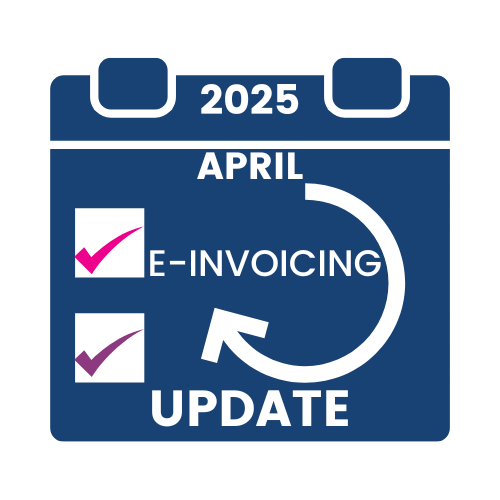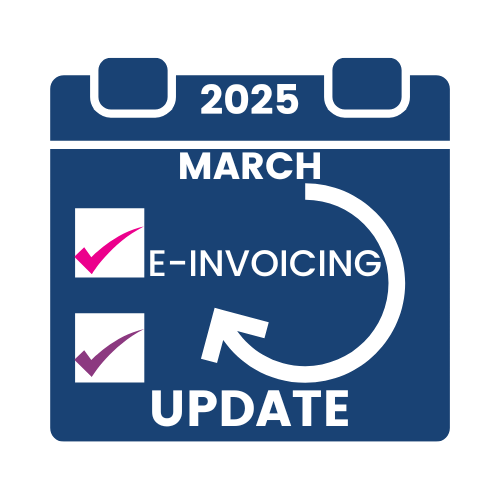E-invoicing is no longer just an industry buzzword, it’s an essential business requirement for companies trading internationally with countries where mandates are in place.
E-invoicing is the digital evolution of invoicing, and enables businesses to issue, transmit, and process invoices in a structured electronic format. Unlike traditional paper or PDF invoices, this automated approach enhances efficiency, reduces costs, minimises errors boost tax compliance and combats fraud,
With ever-evolving, changing and updating regulations, compliance pressures, and digital transformation initiatives, it’s easy to be overwhelmed and bogged down by the noise.
The landscape of CTC mandates is difficult to keep abreast the compliance conditions which can differ country by country, depend on business turnover and types of trading (such as B2G B2B and B2C) . Add to this the different formats and protocols required, it becomes a very time consuming process to remain current and compliant.
1. Compliance is No Longer Optional
Governments worldwide are tightening e-invoicing regulations to combat tax fraud and improve efficiency. The EU, Latin America, and even parts of Asia now mandate e-invoicing for businesses, and the UK is set to follow suit under its Making Tax Digital (MTD) initiative. If your company trades overseas, staying compliant with local tax laws is critical to avoid fines and delays.
2. Faster, More Reliable Payments
Accounts payable automation has streamlined processes replacing manual invoicing processes which often lead to errors, disputes, and delays. E-invoicing goes a step further and streamlines the entire payment cycle, ensuring invoices are accurate, promptly delivered, and processed faster. This is essential for businesses that rely on steady cash flow for international operations.
3. Not All Solutions Are Equal
With so many AP and AR automation providers offering e-invoicing solutions, it’s vital to choose one that aligns with your business needs. Look for a solution that integrates seamlessly with your existing finance systems, supports global compliance, and offers automation to reduce manual intervention. Choosing a many-to-many architecture will enable you to reach all your trade partners through a single connection. It connects your business to all its business partners and government authorities through a single connection to one network.
4. Cost Savings Go Beyond Paper Elimination
While eliminating paper, postage, and manual processing costs is a bonus, the real financial benefits come from efficiency. E-invoicing reduces errors, speeds up approvals, and improves financial forecasting—ultimately saving time and money while enabling better decision-making. Studies suggest that businesses can save up to 80% in processing costs by switching to digital invoicing. Additionally, reducing paper usage supports corporate sustainability goals, helping UK firms align with environmental regulations and corporate social responsibility (CSR) initiatives.
5. Future-Proofing Your Business
E-invoicing isn’t just about meeting current regulations—it’s about preparing for the future. As digital tax reporting becomes more prevalent, businesses that adopt robust e-invoicing systems today will have a competitive edge, avoiding last-minute compliance scrambles and benefiting from streamlined operations.
What Should UK Companies Do Now?
- Assess Your Readiness: Understand your current invoicing process and identify gaps.
- Stay Ahead of Regulations: Monitor international e-invoicing requirements in the markets you operate in.
- Choose the Right Solution: Work with a provider that understands compliance, automation, and integration.
- Act Now, Not Later: The sooner you transition, the more time you have to optimise and avoid compliance risks.
Conclusion
E-invoicing isn’t just a technical upgrade—it’s a fundamental shift in how businesses operate globally. Cutting through the noise means focusing on what matters: compliance, efficiency, cash flow, and future readiness. UK companies trading overseas must act now to stay ahead, streamline operations, and gain a competitive advantage.




